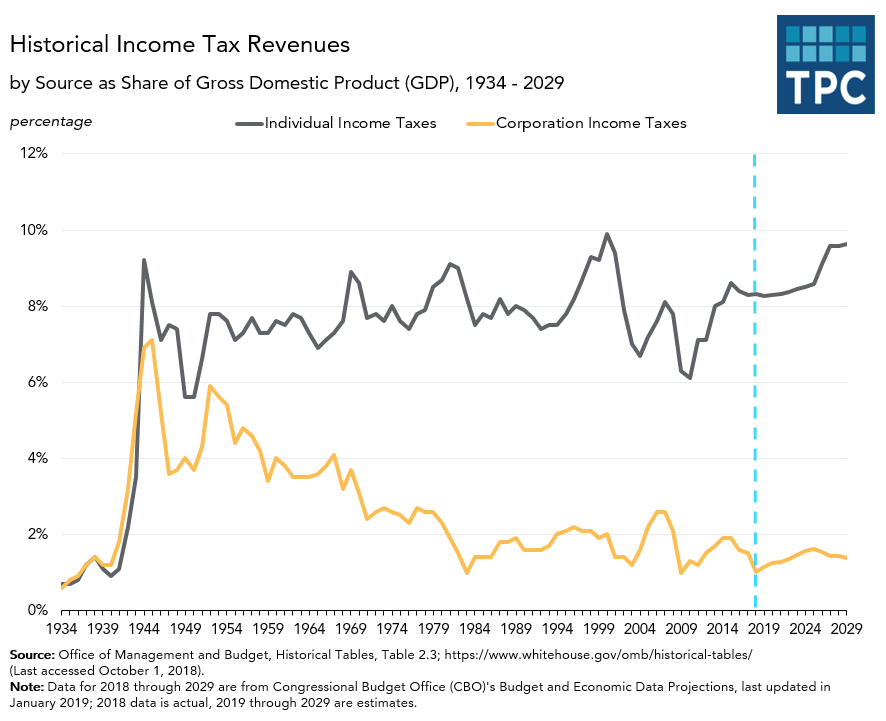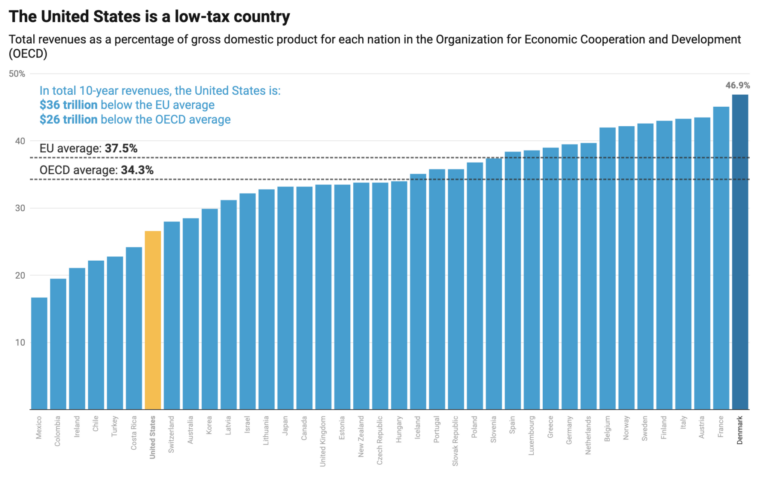Post by LFC on Aug 19, 2021 15:29:30 GMT
I've created this for posting the impacts of the Tax Cut and Jobs Act of 2017 that are still being felt and the multiple changes if/when the Democrats get their reconciliation bill passed.
First up a steaming turd left behind by Republicans as a gift to their big donors.
In the months after President Donald Trump signed the Tax Cuts and Jobs Act in December 2017, some tax professionals grew giddy as they discovered opportunities for their clients inside a law that already slashed rates for corporations and wealthy individuals.
At a May 2018 conference of financial advisers, one wealth planner told the room that a key provision of the new law “leaves a gaping hole in the tax code.” As he put it, “The goal by the end of the presentation today is to make you guys the bus drivers, or the truck drivers, to drive right through that hole with your clients.”
Among the tax-saving opportunities offered by the law: Taxes on profits from certain types of businesses were cut dramatically, while the rate on salaries those businesses paid was reduced only slightly.
That created an alluring opportunity. People who were both owners and employees of a company could make the same amount of money but change how they label it, by lowering their salaries and in turn increasing the company’s profits, which they shared in. That would reduce their tax bill by moving money from a high-tax category to a lower one: Wages are taxed at a top rate of 37% plus an additional 3.8% Medicare levy, while profits, under the new law, are taxed at a top rate of 29.6% (with no Medicare tax). Proponents of this provision claimed it would foster increased investment in American businesses (economists say it’s too early to determine whether that’s true). But even before the bill passed, prominent tax academics warned, in an article titled “The Games They Will Play,” that the tax break would be abused.
Their fears appear to have materialized. Secret IRS data shows multiple instances in which salaries for top executives and owners suddenly and inexplicably dropped in the first year after the Trump tax cut, reducing their tax bills even as their companies appeared to thrive. The mysterious pay cuts played out across industries, from logistics companies to real estate firms to makers of bathtubs, and among executives of varying degrees of prominence. The salary for one construction firm executive dropped from more than $4 million in 2017 to $105,000 in 2018.
The wages for car accessory manufacturer David MacNeil, whose WeatherTech floor mats are featured in a Super Bowl ad each year, fell from $68 million in 2017 to $47 million in 2018.
The salary of Jeffrey Records, CEO of Oklahoma City-based MidFirst Bank, plummeted from $8.6 million to $1.8 million.
And the wages of Dick Uihlein, the Republican megadonor and chairman of shipping supplies behemoth Uline, sank from $5.1 million to $2.1 million.
At a May 2018 conference of financial advisers, one wealth planner told the room that a key provision of the new law “leaves a gaping hole in the tax code.” As he put it, “The goal by the end of the presentation today is to make you guys the bus drivers, or the truck drivers, to drive right through that hole with your clients.”
Among the tax-saving opportunities offered by the law: Taxes on profits from certain types of businesses were cut dramatically, while the rate on salaries those businesses paid was reduced only slightly.
That created an alluring opportunity. People who were both owners and employees of a company could make the same amount of money but change how they label it, by lowering their salaries and in turn increasing the company’s profits, which they shared in. That would reduce their tax bill by moving money from a high-tax category to a lower one: Wages are taxed at a top rate of 37% plus an additional 3.8% Medicare levy, while profits, under the new law, are taxed at a top rate of 29.6% (with no Medicare tax). Proponents of this provision claimed it would foster increased investment in American businesses (economists say it’s too early to determine whether that’s true). But even before the bill passed, prominent tax academics warned, in an article titled “The Games They Will Play,” that the tax break would be abused.
Their fears appear to have materialized. Secret IRS data shows multiple instances in which salaries for top executives and owners suddenly and inexplicably dropped in the first year after the Trump tax cut, reducing their tax bills even as their companies appeared to thrive. The mysterious pay cuts played out across industries, from logistics companies to real estate firms to makers of bathtubs, and among executives of varying degrees of prominence. The salary for one construction firm executive dropped from more than $4 million in 2017 to $105,000 in 2018.
The wages for car accessory manufacturer David MacNeil, whose WeatherTech floor mats are featured in a Super Bowl ad each year, fell from $68 million in 2017 to $47 million in 2018.
The salary of Jeffrey Records, CEO of Oklahoma City-based MidFirst Bank, plummeted from $8.6 million to $1.8 million.
And the wages of Dick Uihlein, the Republican megadonor and chairman of shipping supplies behemoth Uline, sank from $5.1 million to $2.1 million.





